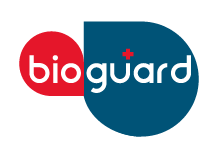Taiwan to launch a new government department for pets this month
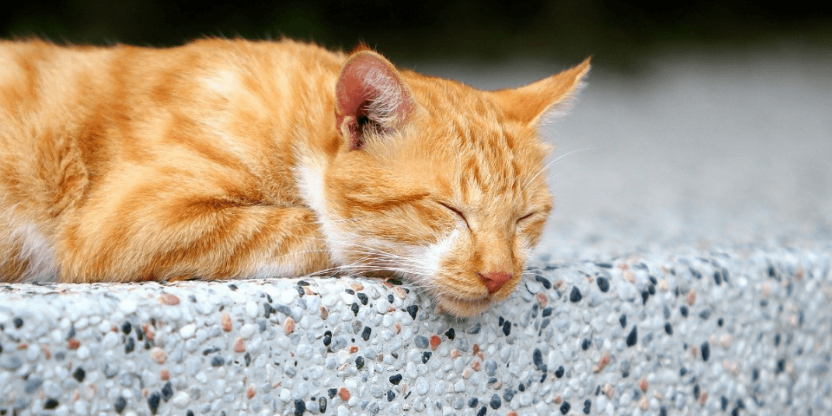
Author: David Palacios Rubio The new section in the country’s Council of Agriculture will manage all aspects of pets’ lives “from birth to death” amid a boom in the local market. The government said that the new department will oversee the whole industry, from pet food to grooming, training, pet-sitting, and pet insurance. “There are about 7 million households in the country, of which 2 million are registered as having pets,” said Minister Chen Chi-chung. Official data shows that the Taiwanese pet industry is worth NT$50 billion (US$1.74M) annually and that 2.3 million pet dogs and cats are officially registered in the country. The department will have an annual budget of NT$130 million (US$4.5M) and it is expected to be officially established this April, a spokesperson of the Taiwanese government (Executive Yuan) confirmed to GlobalPETS. The Taiwanese Ministry of Finance recently said that the number of pet businesses has increased in the last decade. While in 2009 there were 3,734 companies in the pet industry, the number raised to 7,207 in 2020. [Source: Global Pet Industry ]
Russia compromises to ease imports after SOS call from local pet industry

Source: [ GlobalPets ] Author: [ David Palacios Rubio ] Official figures presented during a recent industry meeting show that pet food imports are decreasing by 20% against last year. In a meeting held by the Federal Service for Veterinary and Phytosanitary Surveillance (Rosselhoznadzor, RSN), head Sergey Dankvert stated that the regulator is ready to propose rules to simplify the clearance of goods. According to Dankvert, the RSN has not restricted ed the import of vitamins, and today’s import volumes depend on each country’s particular decision . Official figures from the federal executive body show a “significant drop” in pet food supply from Germany (-27%), followed by Denmark and Norway. The head of the RSN also showed his surprise th at supplies from France, Italy, Hungary and Austria are also decreasing. Imports of pet food and ingredients from those European countries have never been suspended by Russian authorities. Dankvert compromised with the pet industry to authorize new pet food suppliers. Yulia Dolzhenkova from Zooinform told GlobalPETS that talks are underway with China, Brazil and Argentina . Kirill Dmitriev from the National Pet Business Association highlighted that it is “ absolutely critical ” to resume imports. “ This would allow importers to increase pet food supply volumes to Russia ,” he said. Dmitriev also urged a simplified authorization procedure for the new plants and countries to maintain pet food and food supplements in Russia at a sufficient level and avoid shortages. [Image: David Palacios Rubio]
4 Easter pet safety tips to save clients from holiday disaster
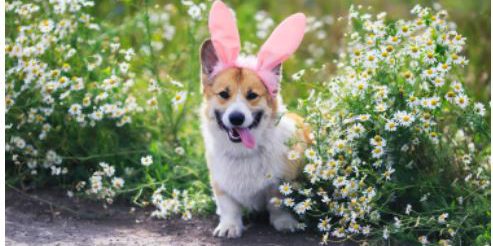
With Easter just around the corner, now is the ideal time to remind clients and about the dangers presented to pets by this holiday. According to a press release from BluePearl Specialty and Emergency Pet Hospital, their clinics see an incredible 321% increase in chocolate toxicity cases during Easter each year.1 In addition, the National Confectioners Association expected Easter candy sales to increase by 5% to 7% in 2022, potentially putting more pets at risk.2 On top of chocolate toxicity, other popular sweets like jellybeans and xylitol pose a danger to pets that may not be as widely known amongst pet parents. BluePearl offered these 4 tips that you can share with your clients to help pet parents keep their loved ones save during the Easter holiday: 1. Know the dangers. Many clients know about the dangers of chocolate toxicity in dogs, but it’s important they know the signs and symptoms so they can spot an emergency. It’s best to remind clients that chocolate poisoning symptoms usually appear within 12 hours and can last up to 3 days. Symptoms may include excessive thirst, vomiting, diarrhea, restlessness/hyperactivity, tremors, abnormal heart rate, hyperthermia, and rapid breathing. In more severe cases, dogs can experience heartbeat irregularities, coma, or death. Read more… Source: DVM360 Image: [ BluePearl Specialty and Emergency Pet Hospital , a dvm360® Strategic Alliance Partner ]
38th World Veterinary Association Congress

The World Veterinary Association (WVA) is delighted to announce and to invite you to the 38th World Veterinary Association Congress (WVAC2023) that will take place in Taipei, Taiwan on April 26-29, 2023. Take this opportunity to enhance your continuing education in veterinary science, to meet colleagues from all over the world, and visit the wonderful island of Taiwan. The WVAC2023 will provide a unique and informative experience for veterinarians across all disciplines of the profession to come together to explore the challenges that veterinarians face not only regarding the health and welfare of animals, but also of our environment. The conference will host leading speakers from around the world to present and discuss the latest knowledge and innovations in veterinary medicine, demonstrating the value of the profession for the public good in our fast-changing world. Join us in Taipei to celebrate the veterinary profession, expand your knowledge and to enjoy the exotic island of Taiwan. Click here for the congress website. [Source: World Veterinary Association]
World Veterinary Day 2022 recognizes veterinary resilience
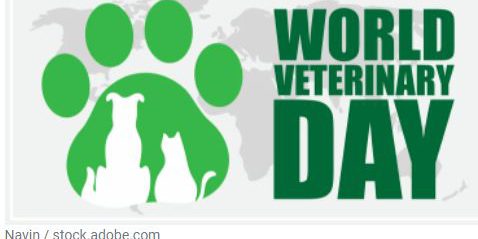
orld Veterinary Day on April 30, 2022 is an opportunity to recognize and celebrate all the contributions veterinarians make to the health of animals. The theme this year is “strengthening veterinary resilience.” 1 The World Veterinary Association (WVA) first created World Veterinary Day in 2000 as an annual celebration of the veterinary profession and the hard work all veterinary professionals do each year. World Veterinary Day takes place on the last Saturday of April each year. 2 Every year the theme changes and it is usually a reflection on that year’s top clinical concerns and topics. For example, last year’s theme was “veterinarian response to the COVID-19 crisis.” 2 With the recent crises happening around the world today, like the ongoing COVID-19 pandemic and the invasion of Ukraine, people in general have been facing large amounts of adversity. And in the veterinarian profession, stress, burnout, and other mental health issues have rose in recent years. 1 Before they can properly take care of their patients, veterinarians need the proper tools and support to maintain their own personal health and wellness. The World Veterinary Day theme highlights that “resilient veterinarians are better equipped to handle the daily challenges and crises that may occur in their practices,” according to an WVA press release. 1 [Source: DVM360] [Image:Navin/stock.adobe.com]
Hill’s and Vet-AI in preventive health collaboration

Paul Imrie Nutrition firm working with veterinary technology company, alongside third investor, aims to allow development of artificial intelligence-powered tech solutions for veterinary practices. A three-way collaboration has been agreed to develop future artificial intelligence (AI)-powered technology for use in veterinary practices. Hill’s Pet Nutrition and veterinary technology company Vet-AI have entered into a strategic collaboration to help advance the latter’s mission to improve preventive veterinary care. A third investor, Correlation One Holdings, is also involved in the partnership. The investments will help to scale up access to Vet-AI’s Joii Pet Care app, which provides a range of tools for veterinary practices to use. Digital care All parties hope the partnership will also open up digital veterinary care through the app to many millions more pet owners. Tools includes a free pet symptom checker, 24/7 consults with RCVS-registered vets in the UK and the ability book online behaviour sessions. The tie-up with Hill’s will add nutrition expertise to the Joii Pet Care offering. ‘Holistic care’ Vet Robert Dawson, co-founder of Vet-AI, said: “This important work gives us the ability to provide a truly holistic veterinary care offering, underpinned by expert knowledge and innovative technology. “Nutrition is fundamental to the life of a healthy pet, and we’re delighted to work with the esteemed Hill’s Pet Nutrition brand in combining our collective knowledge and expanded veterinary network. Together, we can improve the lives of pets and vets across the globe through improved data insights. Source: Vettimes.co.uk
Australia’s largest feline festival returns

In 2021, Australians owned an estimated 4.9 million pet cats with a staggering 24 per cent obtained during the pandemic. With a new wave of passionate feline families in our midst, the return of the Melbourne Cat Lovers Show couldn’t be better timed. Almost three years since the last event was staged, organisers have landed an all-new home, the Melbourne Convention and Exhibition Centre. “Anyone with a deep love for cats or seeking a better understanding of these curious and enigmatic creatures can celebrate their shared passion at Australia’s largest feline-focused festival, right in the heart of Melbourne,” Show Founder and CEO, Jason Humphris said The two-day festival will offer visitors the chance to meet and interact with over 300 cats representing more than 30 breeds. A wide array of feline-inspired attractions will offer visitors the chance to learn essential tips on feline behaviour, nutrition, enrichment and breed selection. Animal experts including Katrina Warren, Kelly Gill, Lara Shannon, Rose Horton, and Alex Hecker will unite to present a weekend of talks on the new PETstock Stage. For the first time, and beaming live via satellite from Los Angeles on the big screen, global cat celebrity and host of Animal Planet’s My Cat from Hell, Jackson Galaxy, will present daily talks followed by an interactive Q&A. Australia’s biggest cat retail market will provide close contact with pet products, while the Trouble & Trix Breed Showcase will provide a unique opportunity for guests to learn from more than 30 leading breeders representing rare, pedigree and companion varieties. The PETstock Adoption Zone will host free stalls for up to 40 rescue groups, and crowd favourite Pat-A-Cat will return. Read more… [Source: The Veterinarian]
Vets4Pets clients help Ukraine fund hit £200,000 mark
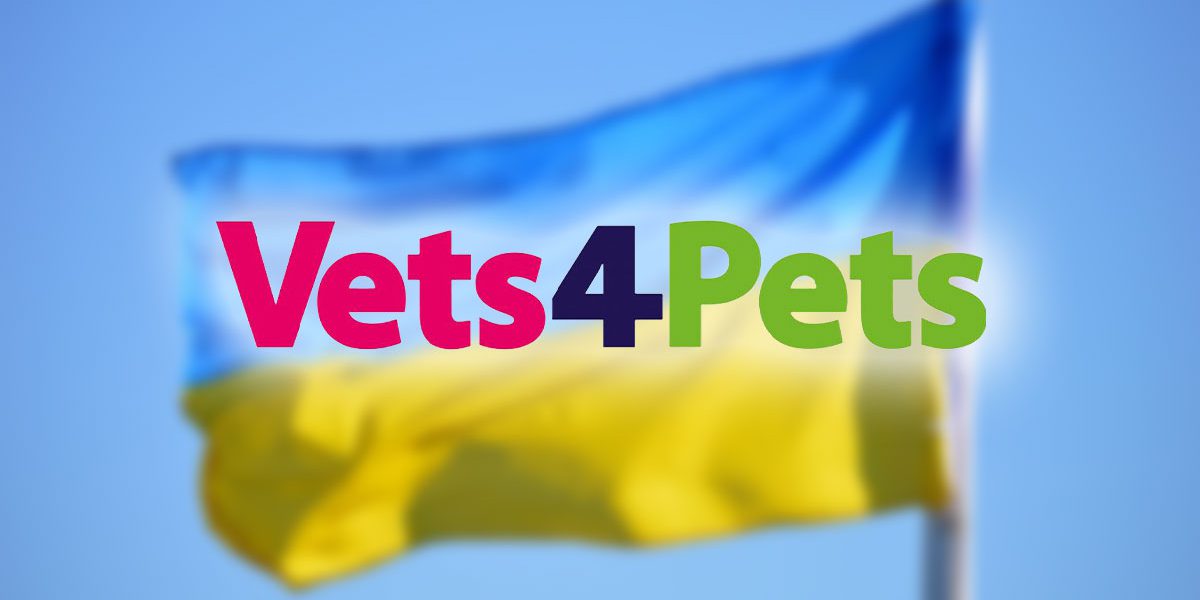
Paul Imrie Clients at Vets4Pets have helped to raise more than £100,000 through an online fund-raiser to help pets and people impacted by the war in Ukraine. The money has been added to the £100,000 already pledged by the Pets at Home Group, which includes Vets4Pets, Companion Care, The Groom Room and the Pets at Home store brand, to support groups on the ground and working at key border crossings. The International Fund for Animal Welfare (IFAW), FOUR PAWS and Blue Cross are among the charities being supported by the cash. Proud Robert Walker, veterinary surgeon and chair of the Vets4Pets joint venture council, said: “All of our partners and veterinary colleagues are incredibly proud of being able to lend our support to the Pets at Home Group’s campaign. “Thanks to our generous practices and clients, we have been able to raise an incredible amount in such a short time and we are incredibly grateful for their support, knowing it will help so many pets and their owners.” ‘Real impact’ Money raised by clients and the group is already helping on the ground in Ukraine. James Sawyer, regional director at IFAW, said: “Our veterinarians, volunteers and responders are working in 12-hour shifts to provide constant access to pet food, triage veterinary care and animal supplies. “We’re seeing hundreds of refugees per day and have helped an estimated 1,400 animals since March. These donations are making a real impact on the ground, and so we’re incredibly grateful to everyone who has contributed.” Sonul Badiani-Hamment, UK country director at FOUR PAWS, added: “Sadly, more and more pets are being found on the streets of Ukraine, most likely because they have become distressed during attacks or got lost during the evacuation of their families. Our team is currently focusing on reuniting these lost pets with their owners or placing them into loving foster homes. This work wouldn’t be possible without such generous donations.” Read more.
Pet population in Italy grows and boosts nutrition sales
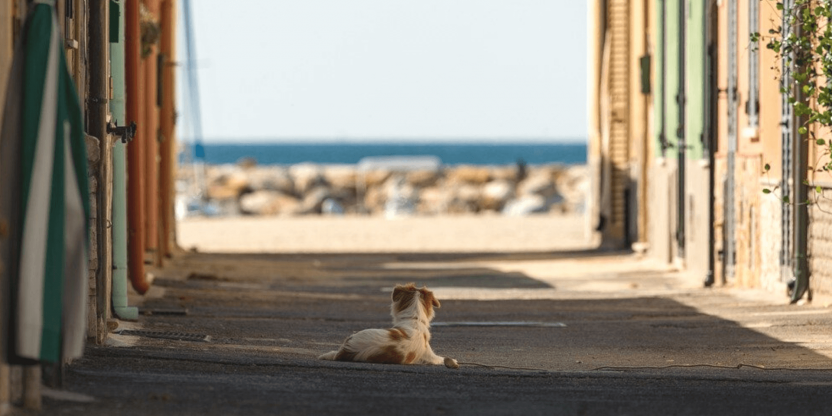
Author: David Palacios Rubio 12.2 million households bought dog and cat food in 2021, about 1 million more than the previous year. Dog and cat food purchases increased by more than 7% in the offline channel. New data from Zoomark and the Italian Association for Pet Feeding and Care (ASSALCO) revealed that the turnover of the Italian market for dog and cat food was €2.5 billion ($2.7B) last year, up 8.4% from 2020. The research, presented during Interzoo in Nuremberg, concluded supermarkets accounted for 29.7% of industry turnover in 2021. Traditional pet shops (14.3%) and pet shop chains (7.5%) followed. Sales of cat and dog food on the different channels – excluding online – were worth 658.5 million kg in 2021 (+5%) and it amounted to €2.41B ($2.59B) in value (+7.1%). The grocery channel accounted for 58.9% of the total turnover of the pet food market (€1.42B / $1.52B), 7.7% more. \Wet food remains the most popular type of pet food (48% of the market share), with a turnover of $1.17 billion ($1.25B) last year. The market for hygiene products, toys, and accessories is quite dynamic, with high performance in large-scale retail (+5.8% compared to the previous period). The strongest segment is cat litter, which grew by 5% in the year ending December 2021, according to the report. Pet population also increased in 2021, with 64.8 million pets across the country. Fish were the most common (29.9 million), followed by birds (12.9 million), cats (10.1 million), and dogs (8.7 million). The number of households purchasing dog and cat food in 2021 reached 46.9% of the total number of Italian households (+3.4%) supported by an increase in purchases of premium and super premium products. [Image: David Palacios Rubio]
Insights on the Pet Care Global Market to 2030 – Rising Demand for Premium Pet Care Products is Driving Growth

NEWS PROVIDED BY: Research and Markets DUBLIN, June 3, 2022 /PRNewswire/ — The “Pet Care Market Size, Share & Trends Analysis Report by Pet Types (Dog, Cat, Fish, Bird), by Type (Products, Services, Food), by Region, and Segment Forecasts, 2022-2030” report has been added to ResearchAndMarkets.com’s offering. The global pet care market size is expected to reach USD 232.14 billion by 2030. The year 2020 was not very promising for most industries, but it has been a boon to the pet care industries due to repeated lockdowns and the work from home culture, which led people to take better care of their pets. This has stipulated the demand for pet services and products a significant rise in the market. Moreover, the growing awareness about pet humanization, and increasing purchasing power of the consumers, coupled with a rise in the demand for premium pet care products, are driving the growth of the market. Due to urbanization people have been living in smaller residential spaces, this has, however, increased the adoption of smaller pets such as dogs, fish, hamsters, cats, and so on. Consumers are looking to plug the familial gap with their pet companion. Premium pet care products are natural and of higher quality, and safer than regular pet care products. With the increase in demand for premium pet grooming products globally, several companies are trying to occupy the majority of shares in this segment. For instance, in 2020, BASF Care Creations in North America launched 3 formulations for the dog grooming segment: Creamy Co-Wash for Dogs, Fresh Obsessed Dry Shampoo Mist, and Micellar Dog Shampoo. Similarly, in 2021, Pure and Natural Pet, a U.S.-based pet care company added new USDA-certified products to their line of pet grooming and health essentials. According to Pet Biz Marketer, pet food makes up about 3/4s of all pet industry sales. There has been a noticeable increase in the trend of pet food brands gaining market share via niche pet foods. One of the fastest-growing niche food categories is freeze-dried dog food, it is a dog food that’s freeze-dried to extend shelf life. Petfoodindustry.com reports that sales for non-traditional pet food formats are growing faster than traditional pet food. Read more.
